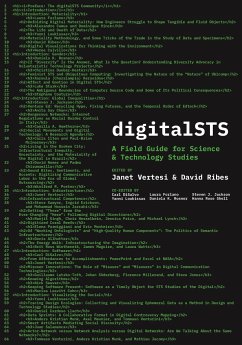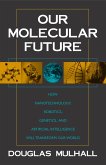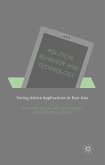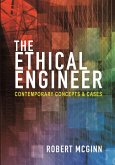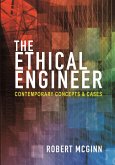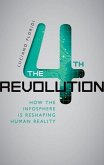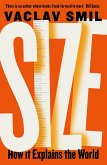New perspectives on digital scholarship that speak to today's computational realities Scholars across the humanities, social sciences, and information sciences are grappling with how best to study virtual environments, use computational tools in their research, and engage audiences with their results. Classic work in science and technology studies (STS) has played a central role in how these fields analyze digital technologies, but many of its key examples do not speak to today's computational realities. This groundbreaking collection brings together a world-class group of contributors to refresh the canon for contemporary digital scholarship. In twenty-five pioneering and incisive essays, this unique digital field guide offers innovative new approaches to digital scholarship, the design of digital tools and objects, and the deployment of critically grounded technologies for analysis and discovery. Contributors cover a broad range of topics, including software development, hackathons, digitized objects, diversity in the tech sector, and distributed scientific collaborations. They discuss methodological considerations of social networks and data analysis, design projects that can translate STS concepts into durable scientific work, and much more. Featuring a concise introduction by Janet Vertesi and David Ribes and accompanied by an interactive microsite, this book provides new perspectives on digital scholarship that will shape the agenda for tomorrow's generation of STS researchers and practitioners.
Bitte wählen Sie Ihr Anliegen aus.
Rechnungen
Retourenschein anfordern
Bestellstatus
Storno

